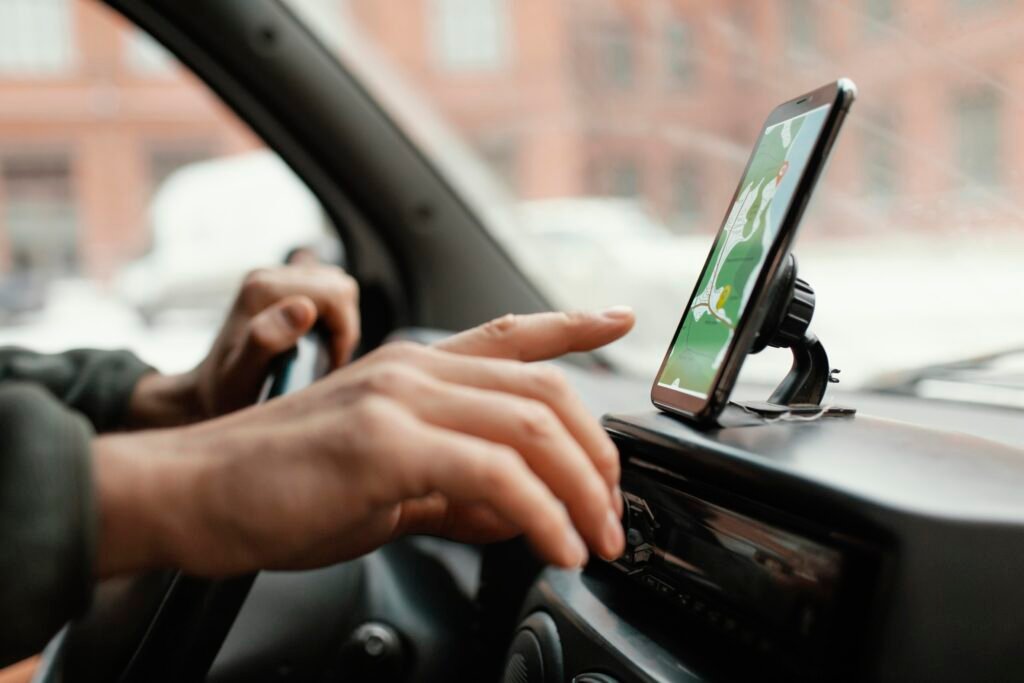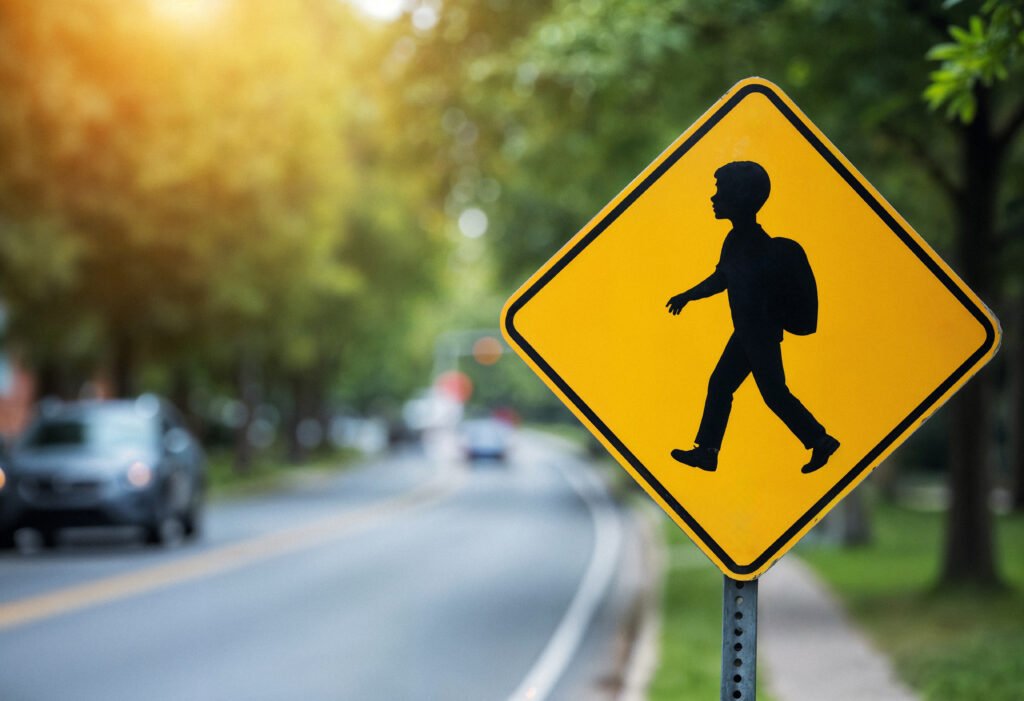Driving Laws in Massachusetts are constantly evolving, and if you live in the state or plan to drive here, staying informed is essential. In recent years, Massachusetts has introduced several important changes aimed at improving road safety, reducing distracted driving, and enhancing traffic enforcement. In 2025, even more updates quietly went into effect — and knowing what they are could help you avoid fines, protect your driving record, and stay safe behind the wheel.
Driving Laws in Massachusetts: The Hands-Free Rule
Since February 23, 2020, Massachusetts drivers have been prohibited from using handheld devices behind the wheel. Known as the Hands-Free Driving Law, it bans drivers from:
Holding a phone while driving
Using a handheld device at stoplights or in traffic
Typing, reading texts, scrolling on social media, or sending emails
Only hands-free use is allowed — such as using Bluetooth, voice commands, or a phone mounted to the dashboard with minimal manual interaction.
Penalties:
1st offense: $100 fine
2nd offense: $250 fine + mandatory distracted driving course
3rd offense or more: $500 fine + course + surchargeable event on your insurance
Drivers under 18 years old are not allowed to use any mobile device at all — even in hands-free mode.
According to the Massachusetts Department of Transportation, distracted driving contributed to over 25,000 crashes in 2022 statewide. These driving laws aim to reduce that number significantly.
2025 Driving Laws in Massachusetts: Cameras for Bus Safety and Lane Enforcement
The most recent updates to Driving Laws in Massachusetts took effect in January 2025, and they focus on automated camera enforcement — a growing trend nationwide. These laws allow for the use of technology to monitor and penalize dangerous behaviors that often go unnoticed by police officers in real time. By using mounted cameras on school buses and in bus lanes, the state aims to improve safety for vulnerable populations, such as children and public transit riders, while also reducing traffic congestion in busy areas. These updates reflect a broader push by Massachusetts lawmakers to modernize traffic enforcement, enhance accountability, and minimize the risks associated with human error or distracted driving.
1. School districts can now legally install cameras on school buses to catch drivers who pass while the stop-arm is extended and red lights are flashing.
Penalties for this serious violation:
$250 for the first offense
$500 for the second
$1,000 for the third
These citations are mailed directly to the vehicle owner without needing a police officer to be present. The goal is to protect children when they’re most at risk: entering or exiting the school bus.
2. Bus Lane and Curb Cameras
Massachusetts municipalities can also enforce bus-only lanes and bus stops using traffic cameras.
Violations include:
$25–$125 for blocking a designated bus lane
$100 for stopping at a marked bus stop
This keeps public transportation flowing and reduces unnecessary delays caused by illegally parked vehicles — especially in dense areas like Boston.
Why These Driving Laws in Massachusetts Matter
Massachusetts has been steadily moving toward more efficient and automated ways to improve road safety. These recent changes reflect that goal.
A 2022 NHTSA study showed that distracted driving caused nearly 9% of all fatal crashes in the U.S., while pilot programs using camera enforcement in cities like Washington, D.C., and New York have seen up to 40% reductions in violations after cameras were installed.
The state’s move to camera-based enforcement — especially around buses and school zones — aligns with nationwide efforts to increase accountability and reduce high-risk driving behaviors.
GPS Use, Emergencies, and Other Exceptions
There’s often confusion about what’s allowed when it comes to phones and other devices under current Driving Laws in Massachusetts. Here’s what the law permits:
GPS navigation is allowed as long as the device is mounted and not held in hand.
Emergency calls (such as 911 or roadside help) are permitted — even by hand — but only when necessary.
You cannot use apps, record videos, scroll, or take selfies while the car is moving or even stopped at a light.
Violating any of these rules is a primary offense, meaning police can stop and cite you for it alone, without needing any other reason.
A Message from Hemelyh: “every time we talk to a client about an accident or a ticket, there’s one thing in common: it could have been prevented. These new laws aren’t just regulations — they’re there to save lives. At PIG, our job is to help you understand what’s changing and protect you along the way.”
Final Thoughts
Driving Laws in Massachusetts are evolving — and fast. From handheld phone bans to smart camera systems that monitor our streets, the goal is safer, more responsible driving for everyone.
Whether you’re a parent with kids riding the school bus, a commuter navigating Boston traffic, or just a weekend driver, these laws affect you.
If you’re not sure how these updates might affect your insurance or driving record, don’t guess — ask. At Premium Insurance Group, we’re here to explain everything clearly and help you stay on track.




